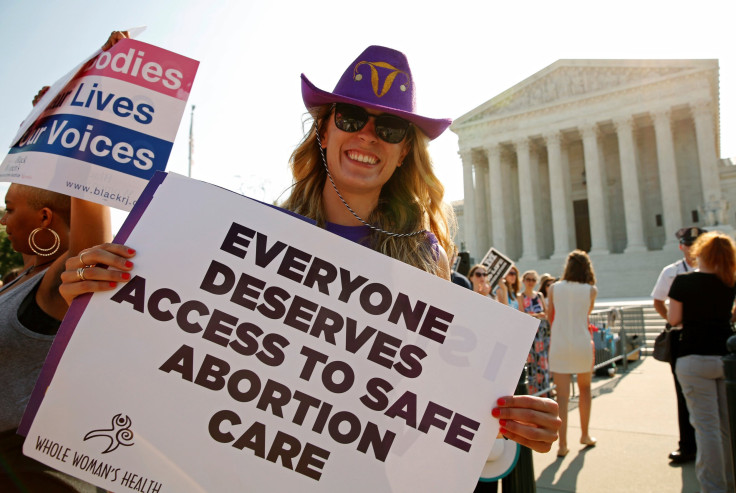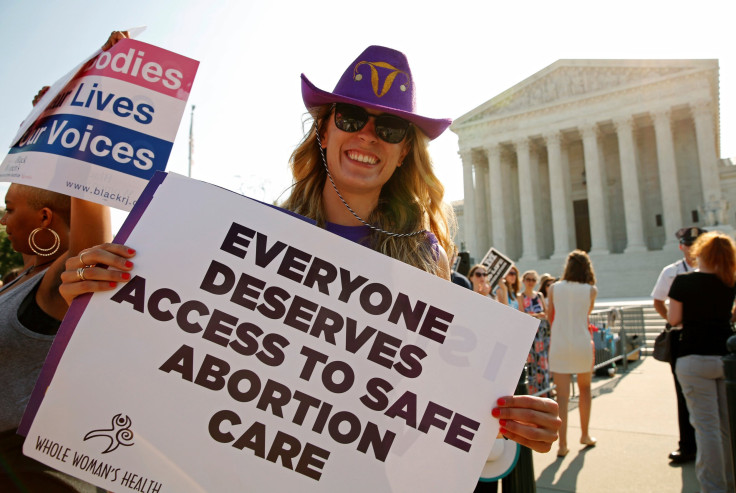Abortion Lies About Cancer: Texas Releases Women's Medical Booklet With Inaccurate Health Information

Texas, home to some of the strictest abortion laws in the United States, released an updated version of its "A Woman's Right to Know" booklet Monday containing outdated and inaccurate information about the procedure. The packet was designed by Texas Health and Human Services to provide women seeking abortions information and alternatives. The updated version, however, contains discredited myths about future infertility and increased breast cancer risk after an abortion.
"If you give birth to your baby, you are less likely to develop breast cancer in the future," a section entitled Breast Cancer Risk reads. "Research indicates that having an abortion will not provide you this increased protection against breast cancer."
But according to the National Cancer Institute, which commissioned studies on the subject, that isn't true. "In February 2003, the National Cancer Institute convened a workshop of over 100 of the world's leading experts who study pregnancy and breast cancer risk," the NIH said on its website. "They concluded that having an abortion or miscarriage does not increase a woman's subsequent risk of developing breast cancer."
The packet also says that future infertility can occur should a woman choose to have an abortion. That also is false.
"Generally, abortion isn't thought to cause fertility issues or complications in subsequent pregnancies," said Dr. Roger W. Harms writing for the Mayo Clinic.

Women seeking an abortion in Texas are required to wait 24 hours after receiving the information booklet before making a decision. Amid scrutiny of the booklet, the state's Department of Health Services said they will review the information inside but not the booklet itself.
Senators in Texas proposed another bill in November to restrict abortion in the state called the Pre-Born Protection and Dignity Act. The law would prohibit partial-birth abortion and ban donation of fetal tissue to unauthorized institutions. In 2011, Texas passed a law requiring all women to visit at least two abortion facilities before opting to have the procedure. State law also assumes all women seeking abortions are minors until proven otherwise and mandates all doctors to require proof of identification.
© Copyright IBTimes 2024. All rights reserved.






















